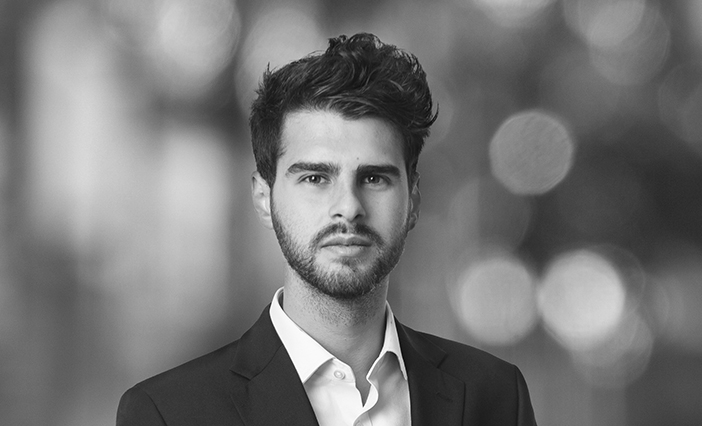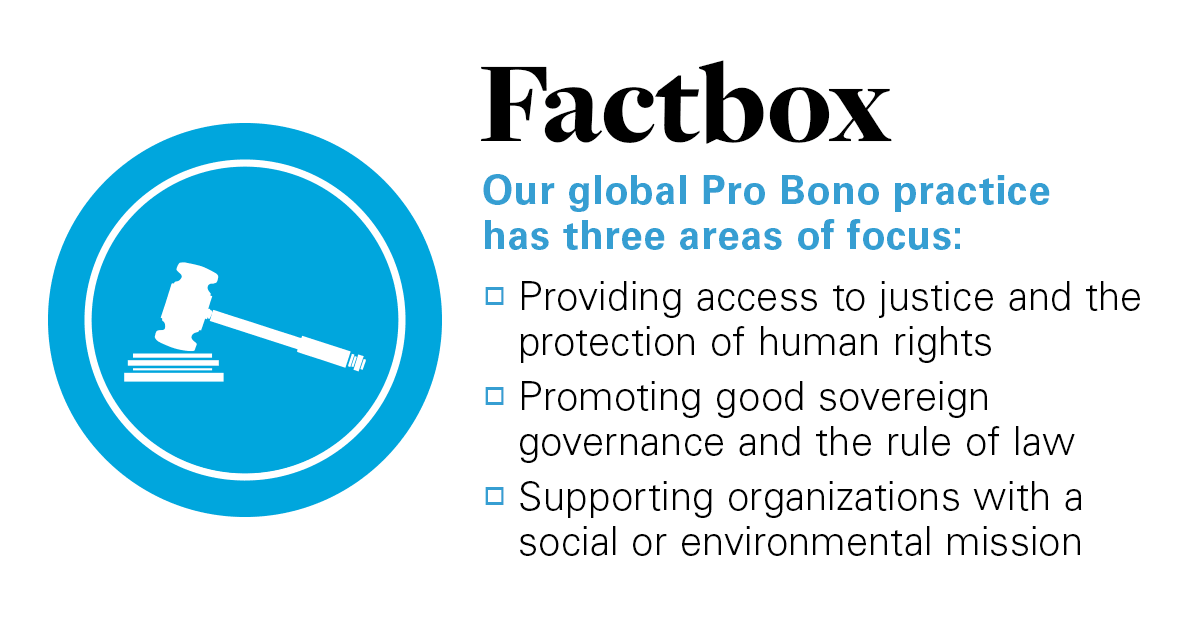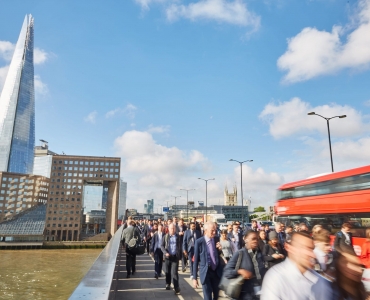
“For a trainee, it gives you the opportunity to develop core legal skills and take on additional responsibility”

Dan Pront, a fourth-seat trainee solicitor from our London office, tells us more about the pro bono work that he has done, and why he finds it so fulfilling.
What pro bono matters have you recently worked on?
There are many pro bono matters on offer here. For example, we support a Disability Benefits Appeals pro bono advocacy scheme with University House, one of the oldest legal advice agencies in London. I have represented a number of clients at the First Tier Tribunal who are appealing the stoppage of key disability benefits, the recipients of which are unable to work as a result of mental and physical disabilities, long-term illnesses or mental health issues.
Some of my clients had turned to food banks to support themselves before their benefits were reinstated, so I feel that my pro bono work here has a direct impact on those in need. In addition, I have drafted an exhibition rental agreement on behalf of an artist for an environmental charity, so it has been a real mix!
Are you encouraged to get involved in pro bono work?
Very much so. Each White & Case fee earner has an annual target of 20 hours of pro bono, although people often exceed this. We have more than 130 partners across our global network who serve as informal “Pro Bono Leaders” and encourage participation within their practices and offices.
Pro bono participation is taken into account in relation to career progression within the Firm. We have a dedicated Global Citizenship team that manages our pro bono program and contributions are recognized at our annual pro bono awards.
What is the process for getting involved in pro bono work and who else do you work with?
Our Global Citizenship team regularly circulates new pro bono opportunities for all fee earners, and we are of course welcome to bring our own ideas for interesting matters. Sometimes I work with my immediate team, other times I might work with lawyers in other offices on matters where multi-jurisdictional expertise is required. We have a partner assigned to each pro bono matter to supervise the work.
What level of responsibility have you been given while working on pro bono cases?
You can be given a great deal of responsibility when working on pro bono matters. For example, with my disability benefits appeals cases, I have essentially run small-scale cases by myself. The work involved interviewing a client, drafting the pleadings and making oral submissions to the Tribunal at the hearing.
I was responsible for making sure that the client was able to get to the hearing by checking access requirements and arranging a translator if this was needed. It is an excellent opportunity to hone skills that you might not get a chance to practice on billable client matters, particularly advocacy.
Why do you personally feel that it is important to get involved in pro bono work?
I think pro bono work is a good way to keep yourself grounded. It is always rewarding to be able to support initiatives that help people in vulnerable situations and particularly working on those appeals where you can tangibly see how your work has directly benefited someone’s situation.
For a trainee, it also gives you the opportunity to develop core legal skills and take on additional responsibility. I have worked on a variety of cases, often with partners and associates from other practices and offices with whom I might not otherwise have had the chance to work.





